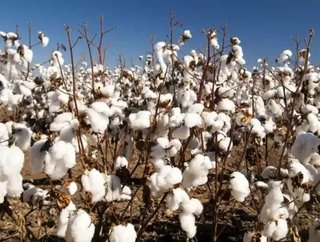REPORT: Agricultural waste to fuel multi-billion manufacturing industry in Australia

A report conducted by the Queensland University of Technology highlights the potential for bio-refineries to produce $20 billions worth of plastics and fuels over the next two decades.
Ian O’Hara, principle research scientist, believes the industry could support in excess of 6,000 jobs and would bring great benefits to primary producers.
“Not only can they continue to produce their existing crops, whether it be sugar or cotton or grains, but from the waste products they can now also produce value-added products,” he said.
The report finds the available biomass in Queensland could support seven bio-refinery projects spread throughout the State.
“We're talking about almost anything that can be made from petrochemicals can also be made from biomass,” O'Hara said.
The nbsp;report examines using feedstock such as sugarcane to produce polyethylene and resins, brigalow regrowth to be converted to aviation fuel and sorghum in ethanol production.
According to O'Hara, Australia has the 'right ingredients' to make the industry a success, particularly with large amounts of biomass readily available. “Now we're in a position where commercialisation is happening around the world. Queensland needs to get on the bandwagon and start to see the opportunity unfurling here.
“We need industry, government and research (sectors) to really start a discussion about the right policy settings to bring this industry to fruition,” he says.
O'Hara says the current political uncertainty surrounding the Federal Government's Renewable Energy Target shouldn't deter investment. “I think this industry now makes economic sense and that's been one of the fundamental changes over the past two or three years,” he said.
“This industry no longer relies on subsidies or sustainability outcomes, it actually makes good economic sense.”






